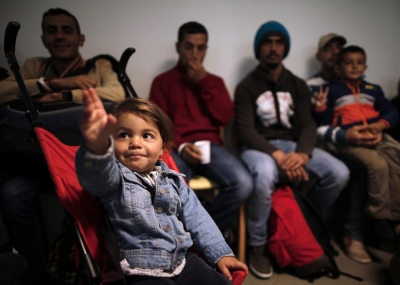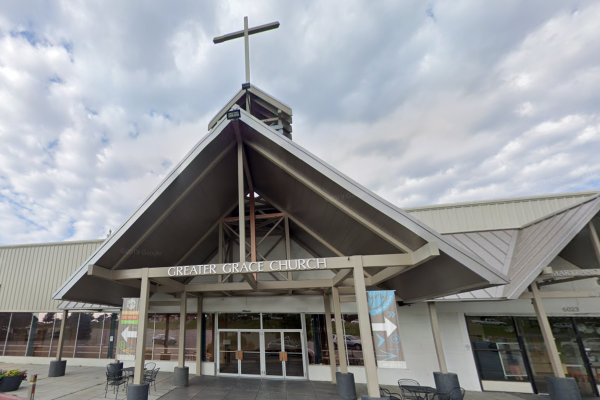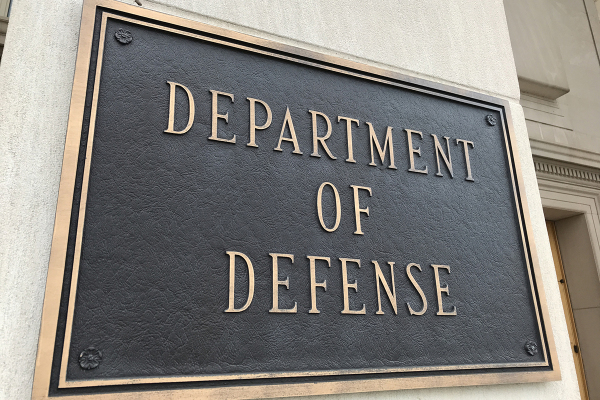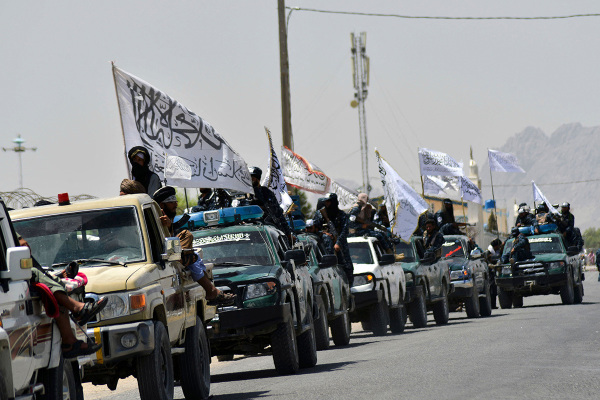Faith-Based NGOs Need to Take a Stronger Stand for Refugees

June 20 is World Refugee Day, sanctioned in 2000 by the United Nations General Assembly. This movement honors the courage, strength, and determination of women, men and children displaced from their homeland under threat of persecution, conflict, and violence.
Out of the world's 7.4 billion people, there are currently more than 65 million refugees, a staggering number of people in need of aid. It's no wonder our attention must be drawn to those most deprived of their well-being.
Ongoing fighting, armed opposition, civil unrest, and political tensions, are some of the reasons for the refugee crisis. If anything can be done, however, more support from faith-based non-government organizations (FBOs) is needed.
FBOs are grassroots organizations that are active locally and on an international scale. Its mission is based on social values of faith, and have had a long history of helping others long before treaties were formed.
For instance, people who were being persecuted often sought refuge in temples and cities of sanctuary and, in the later medieval period, monasteries served as places of protection, shelter, and hospitality for strangers.
During the nineteenth century, notable movements of faith and anti-slavery organizations increased in numbers.
After World War II, there was a dramatic rise in the number of secular and Christian organizations who responded to humanitarian need and by 1948, the World Council of Churches was formed.
Most FBOs, which are based on Christian faith, highly regard Jesus, the most revered character for humanitarian efforts. He healed the lame, the leper, the mute, and touched numerous lives through compassion, humility, and love.
Jesus' example of service to humanity has inspired faith activists to unabashedly embrace the role of helping meet people's needs, and affirmed the belief that human beings matter.
Refugees now are the people FBOs should be focusing their efforts. At the Adventist Development and Relief Agency, we are providing aid to refugees in 39 countries, an insurmountable amount of people whom we are working hard to help. Though the refugee crisis still remains, it doesn't have to.
First, more faith-based NGOs in Muslim-majority countries, where a majority of the refugees come from, should apply for the UN's general consultative status. Currently, 70 percent of religious NGOs identified themselves as Christian at the UN, while one-sixth percent are Islamic. Their voice from these countries can help establish refugee laws that protect and help their distressed Muslim brothers and sisters.
Second, FBOs must be more intentional about producing innovative and sustainable solutions for refugees. ADRA not only provides nutritious food, hygiene kits, and shelter for refugees, but we offer educational services for new mothers in refugee camps, train fathers on how to earn an income, offer hygiene best practices to minimize the risk of diseases, and much more. Our influence as an FBO is greatest when refugees can rely on us.
Third, use the power of advocacy. Start conversations about refugees, share their stories, have online petitions, or host forums. As FBOs we are to be beacons of hope for the refugees, because it is the right thing to do. Leveraging our voice in numbers sends a powerful message that meekness doesn't equate to weakness, and that injustice is not tolerated.
If we are an organization founded on faith and expected to focus on people, as refugees are, then they deserve every right to receive as much help from us. If we dismiss this crisis and look the other way, we'd be just a name hiding behind a cloak called faith, and that is simply unacceptable.





















